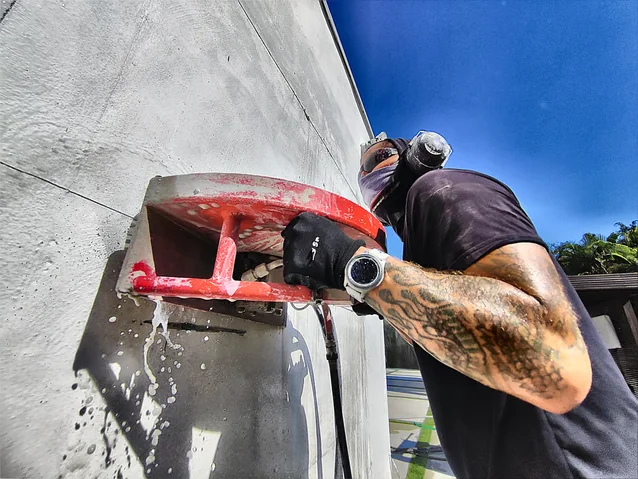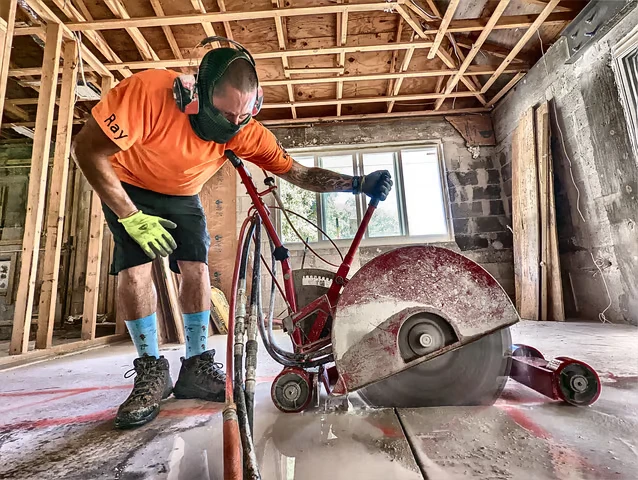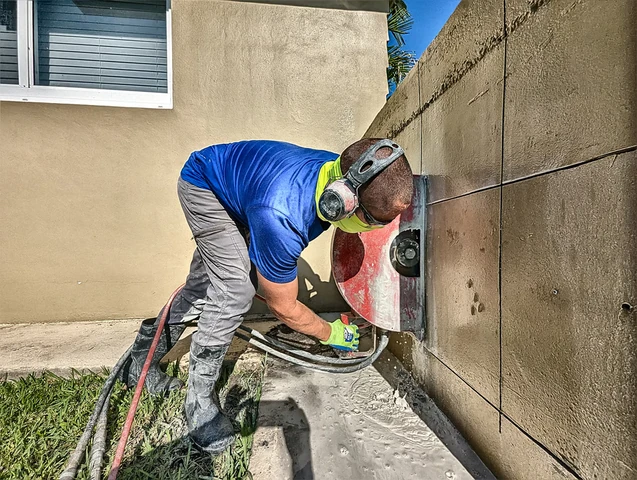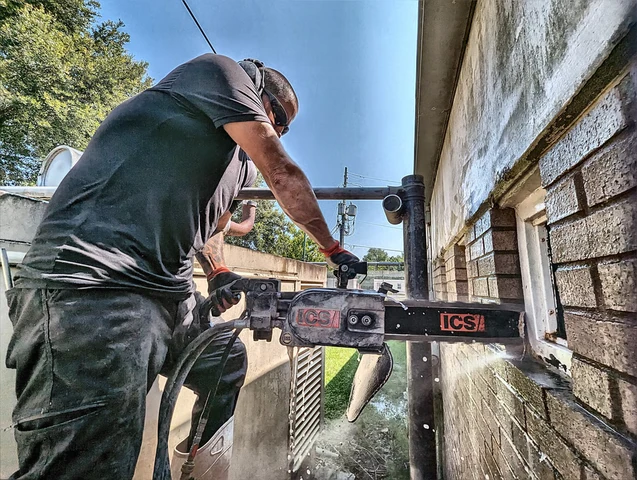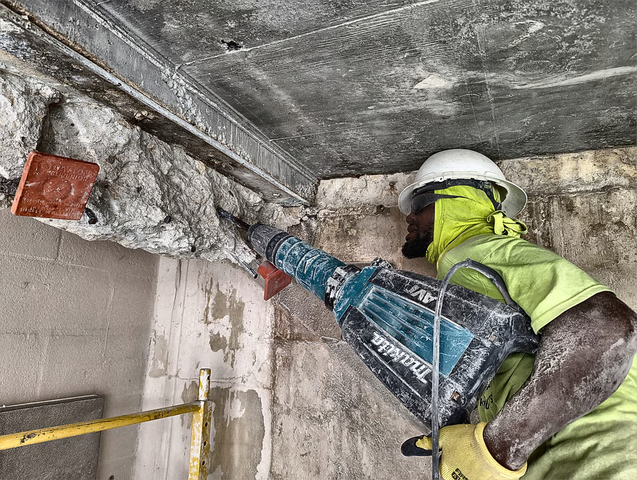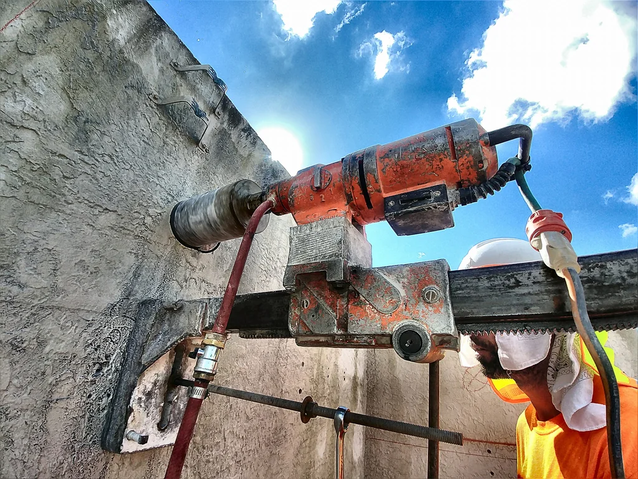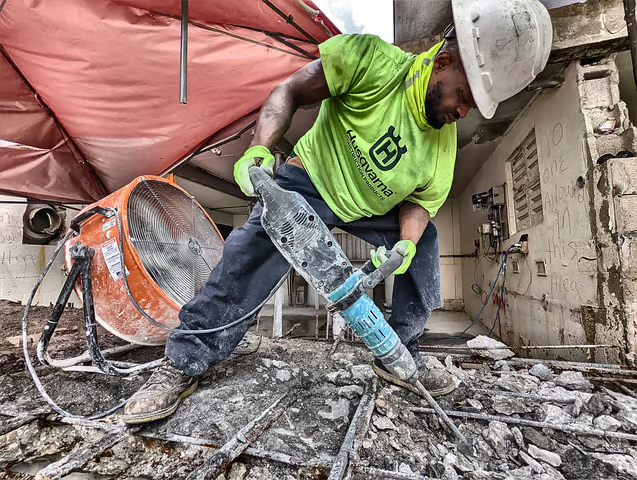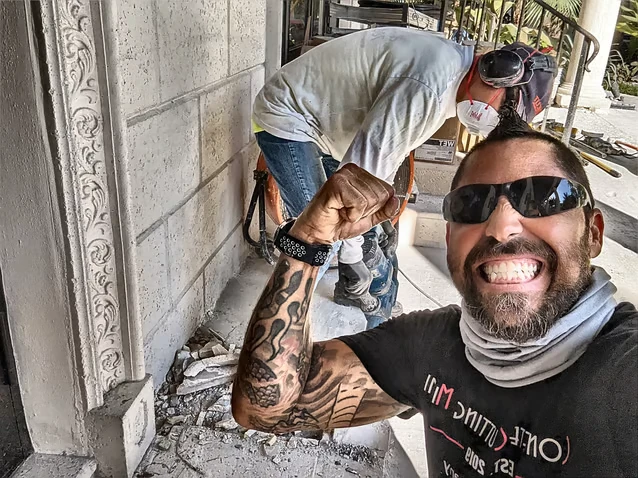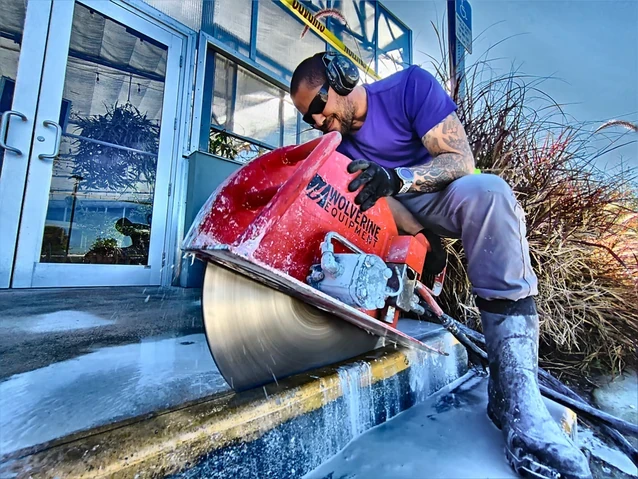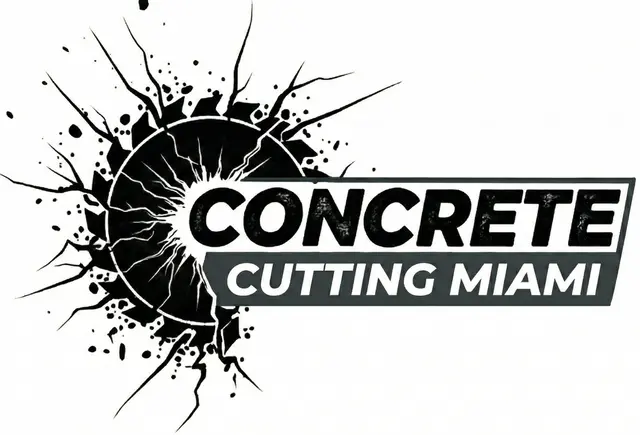
Need precise and reliable Concrete Cutting and Drilling in Miami or the Florida Keys? Concrete Cutting Miami is your trusted source for professional solutions.
For over 20 years in Miami, we’ve delivered top-quality Concrete Cutting and Drilling services to residential and commercial clients, focusing on precision, safety, and minimal disruption.
Our experienced team is known for its commitment to excellence, ensuring your project is completed to the highest standards. Get a free quote today and experience the Concrete Cutting Miami difference!
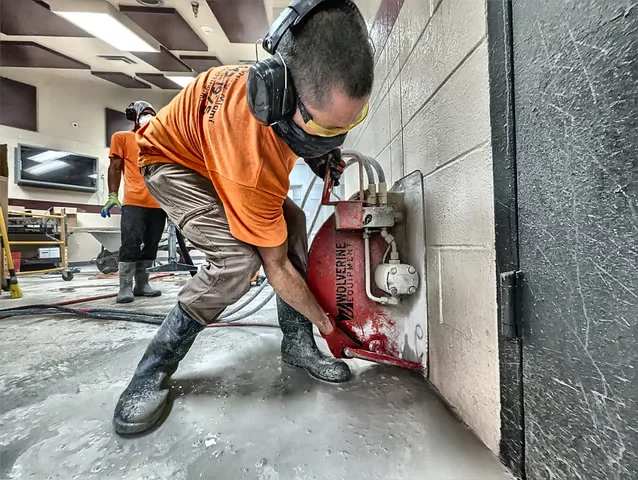
FREE CONSULTATION!
Get Your FREE Consultation Call or Text Now!
Frequently Asked Questions
What services does Concrete Cutting Miami specialize in?
We are the premier concrete cutting, drilling, and sawing specialists in South Florida. Our services include wall sawing, slab sawing, core drilling, and specialized demolition for a wide range of residential and commercial projects. For more details, explore our full list of services.
How do you ensure safety and precision on every project?
Safety and precision are our top priorities. We use state-of-the-art equipment with high-performance diamond blades and adhere to strict safety protocols. Our team has over 20 years of experience to ensure every cut is clean, accurate, and completed with minimal disruption to your property.
What are some of your most common projects?
We handle a variety of projects, from small-scale residential work to large commercial jobs. Some of our most common projects include creating new window and door openings, sectioning driveways for repair, and trenching for new drainage systems. We also perform expert core drilling for bollard installation and handle concrete demolition.
Which areas do you serve?
We proudly serve all of Miami-Dade County and the surrounding areas, including Miami, Miami Beach, Coral Gables, the Florida Keys, and Fort Lauderdale. We are highly familiar with local building codes and standards in these areas.
Do you handle both residential and commercial projects?
Yes, our services are tailored to meet the needs of both residential homeowners and commercial businesses. Whether you’re a homeowner looking to modify a space or a business owner needing precise cuts for a large project, we have the expertise and equipment to help.
What are the key benefits of choosing your company?
Our clients choose us for our unmatched professionalism, quality of work, and commitment to customer satisfaction. We combine over two decades of experience with advanced technology to deliver efficient, precise, and fairly priced services on every job.
How can I get a quote or schedule a consultation?
You can contact us directly to discuss your project and get a free, no-obligation quote. You can reach us by phone at 888-828-8646 or 786-442-1975, or by email at tracy@concretecutting.miami. Since we are a service-based business, we will come to your location for all on-site work.
